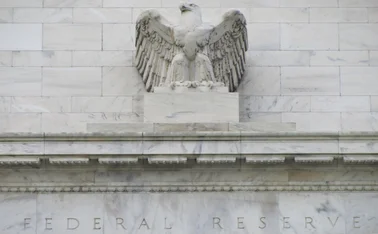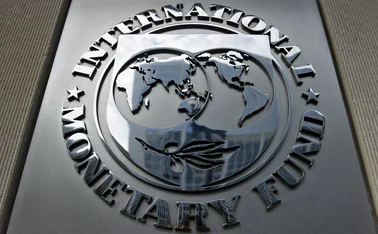
US was prone to housing meltdown
"Compared with other countries, the US seems to have: built up a larger overhang of excess housing supply; experienced a greater easing in mortgage lending standards; and ended up with a household sector more vulnerable to falling housing prices," the research says. "Some of these outcomes seem to have been driven by tax, legal and regulatory systems that encouraged households to increase their leverage and permitted lenders to enable that development. Given the institutional background, it may have been that the US housing boom was always more likely to end badly than the booms elsewhere."
Click here to read the research
Only users who have a paid subscription or are part of a corporate subscription are able to print or copy content.
To access these options, along with all other subscription benefits, please contact info@centralbanking.com or view our subscription options here: http://subscriptions.centralbanking.com/subscribe
You are currently unable to print this content. Please contact info@centralbanking.com to find out more.
You are currently unable to copy this content. Please contact info@centralbanking.com to find out more.
Copyright Infopro Digital Limited. All rights reserved.
You may share this content using our article tools. Printing this content is for the sole use of the Authorised User (named subscriber), as outlined in our terms and conditions - https://www.infopro-insight.com/terms-conditions/insight-subscriptions/
If you would like to purchase additional rights please email info@centralbanking.com
Copyright Infopro Digital Limited. All rights reserved.
You may share this content using our article tools. Copying this content is for the sole use of the Authorised User (named subscriber), as outlined in our terms and conditions - https://www.infopro-insight.com/terms-conditions/insight-subscriptions/
If you would like to purchase additional rights please email info@centralbanking.com
Most read
- BIS’s Zhang Tao on why Asian central banks favour a broader policy mix
- Central bank of the year: Central Bank of Brazil
- Central banks prepare for the rise of AI







